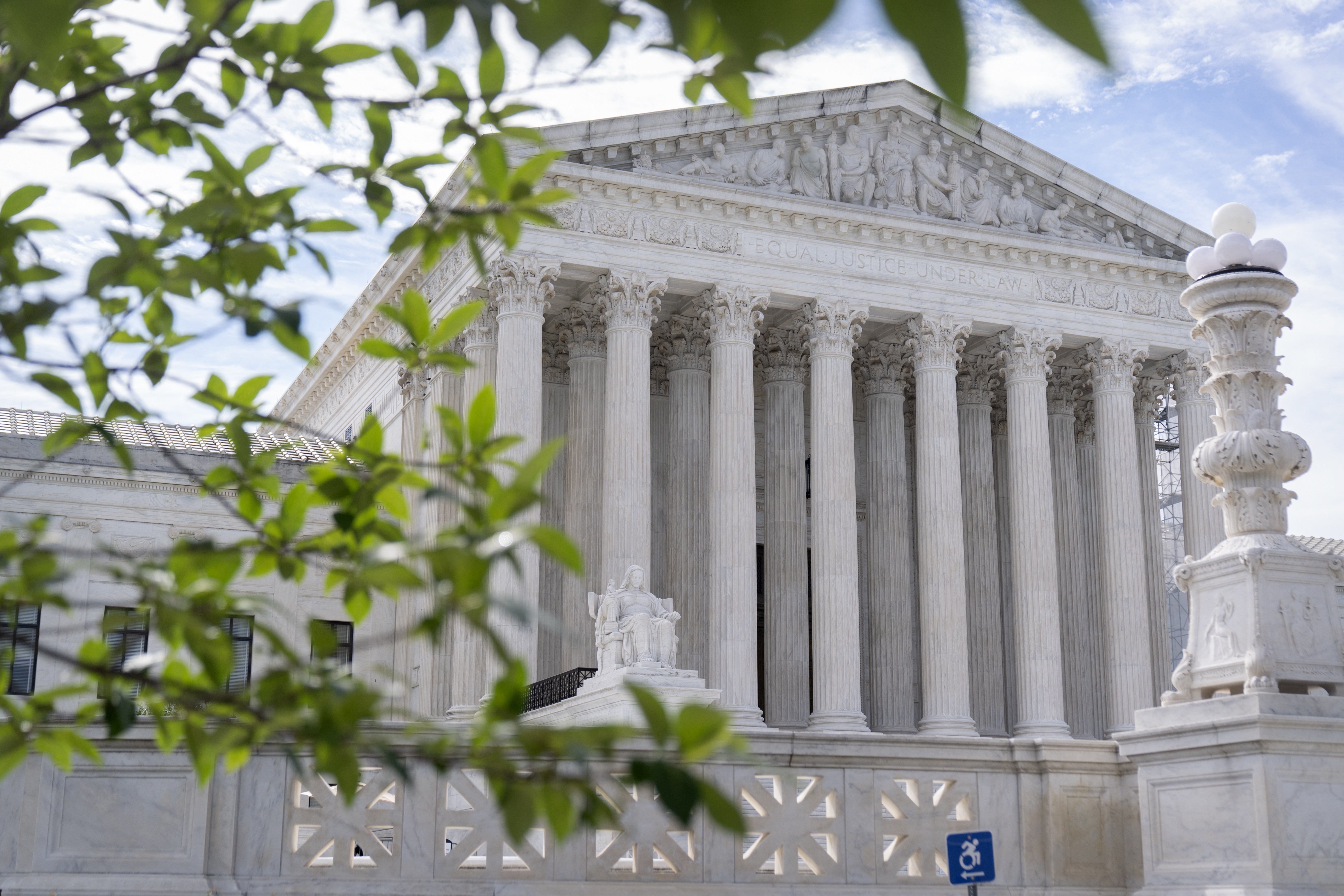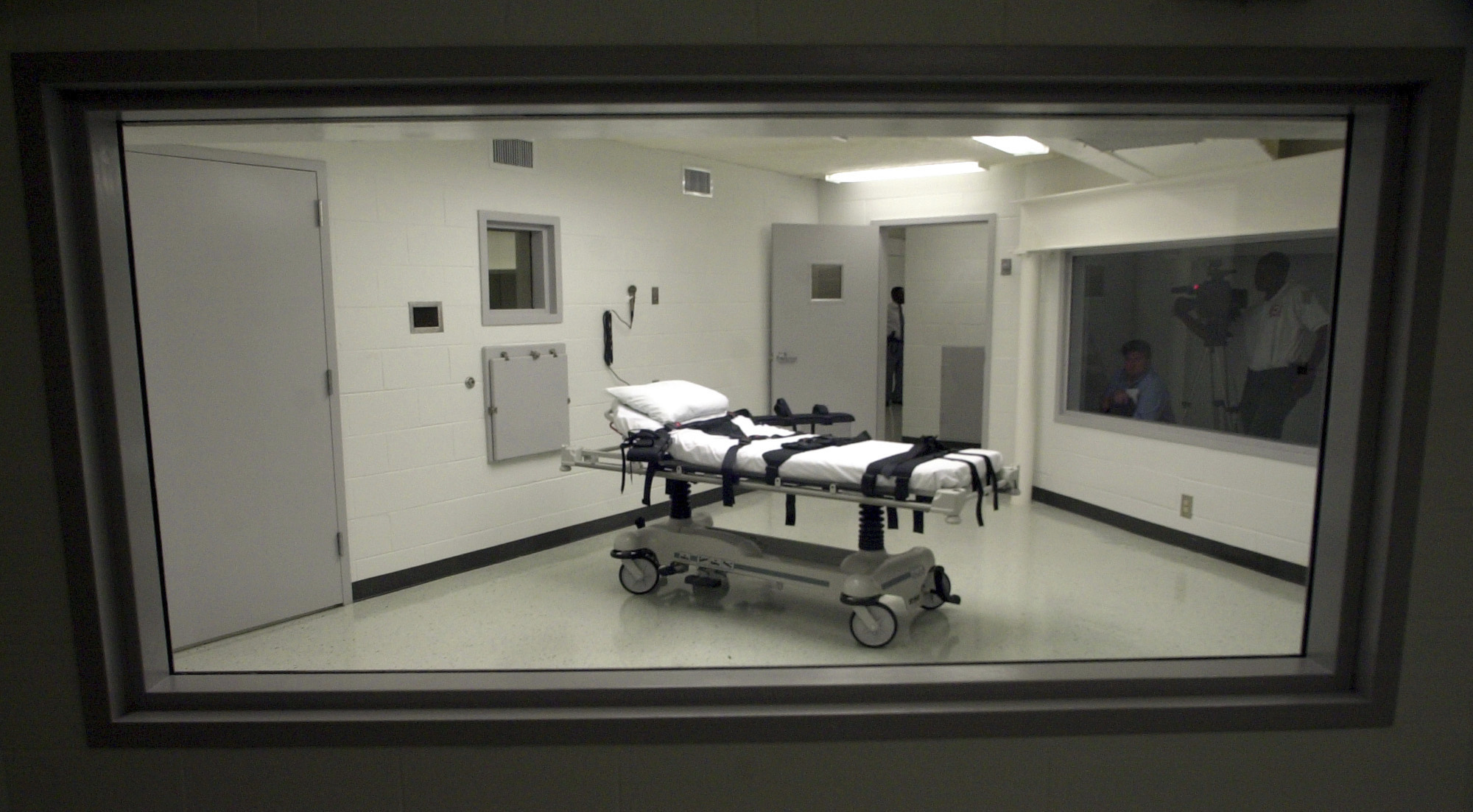
Texas Attorney General Ken Paxton sued a Dallas doctor Thursday for allegedly providing transition-related care to nearly two dozen minors in violation of state law.
Paxton alleged that Dr. May Chi Lau, who specializes in adolescent medicine, provided hormone-replacement therapy to 21 minors between October 2023 and August for the purpose of transitioning genders. In 2023, Texas enacted a law, Senate Bill 14, banning hormone-replacement therapy and other forms of gender-affirming care for minors.
“Texas passed a law to protect children from these dangerous unscientific medical interventions that have irreversible and damaging effects,” Paxton said in a statement Thursday. “Doctors who continue to provide these harmful ‘gender transition’ drugs and treatments will be prosecuted to the full extent of the law.”
The statement issued by Paxton's office alleged that Lau used "false diagnoses and billing codes" in order to mask "unlawful prescriptions."
Get Tri-state area news delivered to your inbox. Sign up for NBC New York's News Headlines newsletter.
Neither Lau nor her employer, the University of Texas Southwestern Medical Center, immediately returned requests for comment.
If found to be in violation of the law, Lau could have her medical license revoked and face a financial penalty of hundreds of thousands of dollars.
Paxton’s suit is the first in the nation by an attorney general against an individual doctor for allegedly violating a restriction on transition-related care for minors.
So far, a few attorneys general, including Paxton, have subpoenaed hospitals and practices that provide such care to minors for those patients’ records. Twenty-six states have bans on at least some forms of gender-affirming care for minors, according to LGBTQ think tank Movement Advancement Project.
Gov. Greg Abbott signed Texas’ restriction on transition-related care in June 2023, though it was initially blocked by a court following a lawsuit from families and doctors. In September 2023, the Texas Supreme Court allowed the law to take effect pending an appeal from the state, and in June of this year, it vacated and reversed the previous injunction, allowing the law to stand.
This story first appeared on NBCNews.com. More from NBC News:




